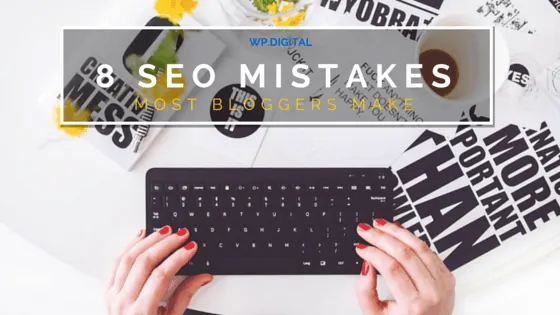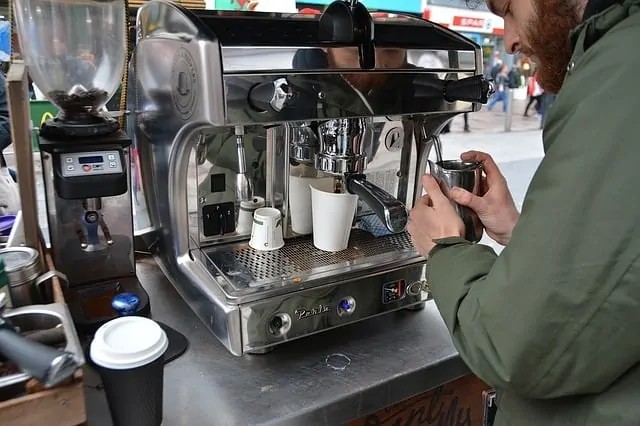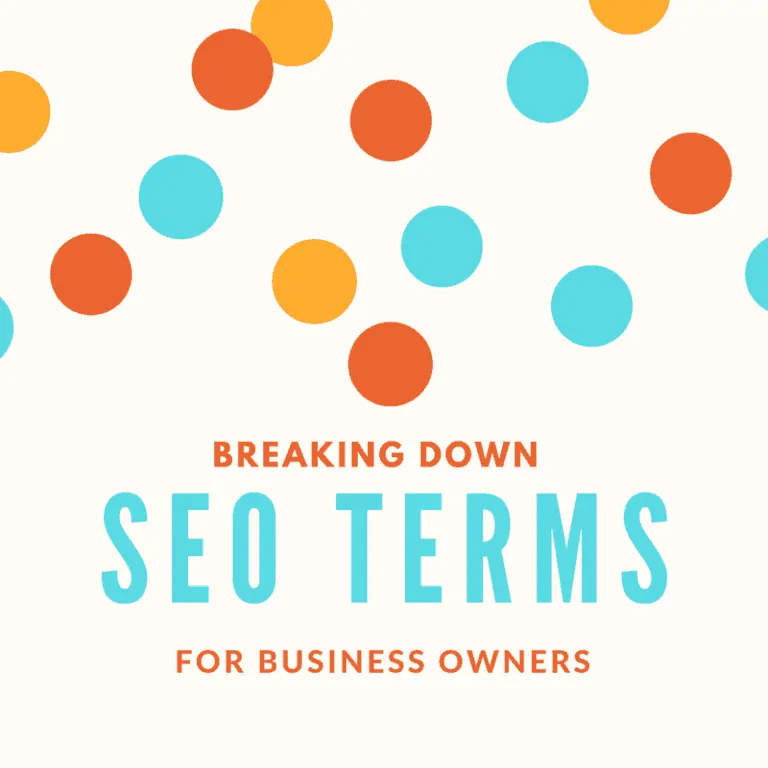In fact, 95 percent of consumers start their search for new products or services online. The problem is, the top five search engine results get over two-thirds of all the clicks, so if you aren’t among the top search engine results, you’re losing business.
Posted on June 14, 2019
Whether you are a full-time blogger or you simply post to your company blog 1-2 times per month, you may not be getting the most out of your blog due to search engine optimization mistakes. So, what are the mistakes and how can we fix them to boost your search engine result ranking? Keep reading to find out!
8 SEO Mistakes Bloggers Make
- Bloggers allow title tags to be auto-generated. Every category, post pages, etc. should be custom written. Instead of just letting your blog’s software reuse the post title with your blog’s name tacked onto the front, optimize your post titles by working in synonyms and adjectives that make the title tag with more descriptive and with a broader keyword appeal. If your blog is built on WordPress, then you can use a WP plugin, SEO Title Tag to “mass edit” for bulk edits for dozens or even hundreds of pages at once.
- Letting pages that should not be indexed get indexed. Some pages on your blog (or website) either have minimal or no content or have extremely similar content to other pages (e.g. print-friendly versions of existing pages). Go into your robots.txt file and make sure these pages aren’t allowed in search queries so Google and Bing crawlers aren’t ranking these pages.
- Having multiple “homes” for your blog. There should only be one URL for each page of your website or blog. Having multiple URLs for one page is referred to as “canonicalization.” Go into your tools menu (if using a WordPress website) and set up a redirect immediately so all URLs redirect to the one main URL.
- Not using excerpts to minimize duplicate content. On most blog platforms you have the option to write an “excerpt” as an introduction or preview to your blog post that displays everywhere but the permalink page. Lots of bloggers fail to write an excerpt at all which results in duplicate content and lower search engine rankings.
- Relying on date-based archives. While most bloggers organize their archive by date or month, consider arranging it by keyword. The category can act as an anchor text, which is an important factor in SEO, and using a date instead can be a missed opportunity. Your blog should have the option to create categories and tags which will post on the sidebar of your blog, rather than months or numbers.
- Subpar URLs. Search engine crawlers look at URLs and factor them into rankings. While most blogs assign default ID numbers, you can edit your permalinks to be relevant, descriptive, and containing keywords. Make sure you avoid using symbols, punctuation, and slashes in your URL.
- Only one RSS feed. RSS, or “really simple syndication” is a way for visitors to subscribe to your blog or your website and send them your latest updates, rather than having to check back every day for new postings. If you have an RSS feed for visitors to subscribe to, categories allow your subscribers to customize their experience while also providing information to search engine crawlers. Not only that but you also need to ensure your RSS feed is optimized so that they:
- Have a full-text (not summary feeds)
- Include more than 10 items (hopefully 20+ items)
- Include keyword-rich titles
- Include your brand name in the item titles
- Contain compelling site descriptions
- Use irrelevant anchor text when linking internally. It’s common for bloggers to use “here” as a phrase to link internally, but while that directs visitors on your website, it doesn’t help your SEO. Instead, use relevant keywords that relate to the link.
Get In Touch With Us!
Are you in need of a WordPress website so that you can customize your blog and easily implement these SEO-friendly blog practices? Give us a call at 888-239-9222 or fill out our online contact form.




